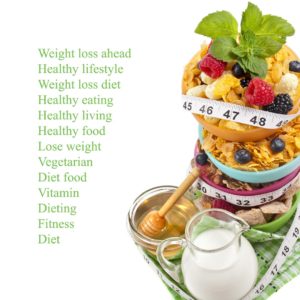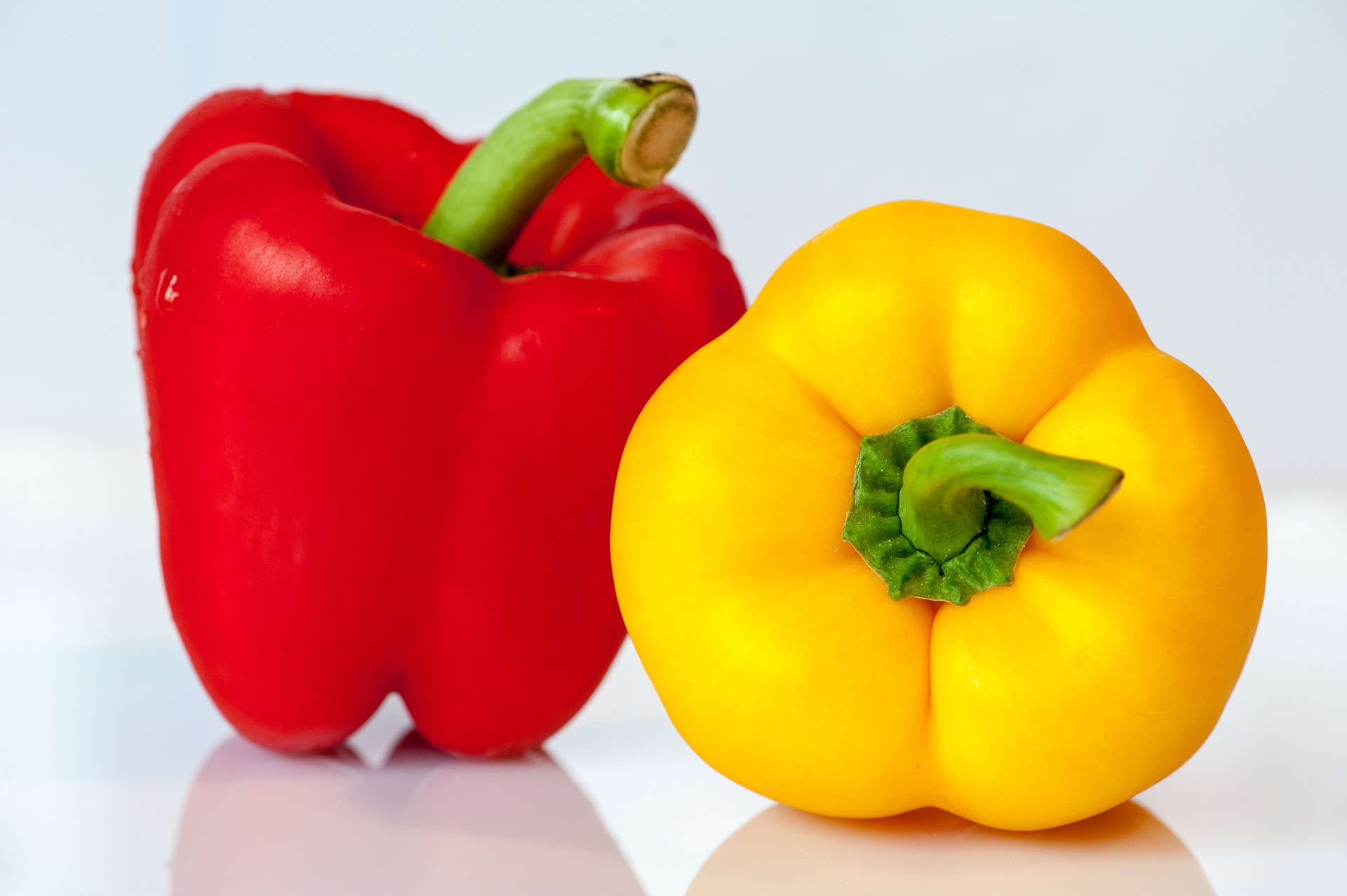Brain Health
Secret Nutrition for Brain Health and Cognitive Performance
Brain Health every day we think of thousands of things, whether in traffic, at work or at bath time – it is practically impossible to empty our minds and not think about anything. There are certain times when we want to think better, faster and more efficiently, whether for academic or professional reasons (or to win those heated discussions with friends).
With the day-to-day running and the lack of concern for food is a common complaint of lack of concentration, memory failure, learning difficulty among others. Food, coupled with practices like stress management, moderate exercise, and adequate sleep keeps our mental function at 1000 and prevents your brain from becoming rusty.
In this post, I made a summary of the latest research and news in the field of nutrition that will boost your brain!
The primary source of energy in the brain is glucose, obtained from foods rich in carbohydrates (whole wheat bread, whole grains, etc.). Anyone who wants to start the day with the brain in full operation should then include this nutrient for breakfast. And especially breakfast, if you go out to work without food or your child goes to school without eating right you think you will have a good income on your tasks and he will have a good learning?
A study at MIT in the United States suggested that people with magnesium deficiency may be losing more than they realize. According to the research, magnesium is a key nutrient for memory function and may be even more critical for the proper functioning of neurons in healthy children and adults than previously thought.
You can get magnesium by eating lots of green leaves, granola, oats, wheat bran, brown rice, broccoli, almonds, cashew nuts, bananas.
Another way to feed your 100 billion neurons well is to eat cabbage. A study in the journal Neurology has shown that eating two or more servings of vegetables – especially those with dark green leaves – decreases cognitive decline by 40%.
The omega-3 is capable of improving brain functions and assisting in stress management. This fat prevents degenerative diseases and regulates well-being neurotransmitters. Invest in salmon, tuna, sardines, trout, and cod.
According to research conducted by the Salk Institute in California (USA), fisetin a substance found in strawberry, peach, grapefruit, kiwi, tomato, apple and also onion and spinach is considered to be essential to keep the young memory.
The function of fisetin is to stimulate the formation of new connections between the neurons (ramifications) and to strengthen them. The foods in this group contain substances that facilitate communication between neurons, increasing the ability to think, concentrate, learn and memorize.

A study conducted by the University of Pennsylvania in the USA found that even a small iron deficiency may damage memory. But when levels are restored performance in tests improves. Sources of iron: meats, dark green leaves, whole grains, peas pie, lentils, beans, etc.
The publication Neuroepidemiology, in turn, showed a relationship between low folic acid indexes and a drop in cognitive performance. Folic acid reduces the amino acid homocysteine, which in excess impairs brain activity. Folic acid sources: dark green leafy vegetables (spinach, broccoli, cabbage, arugula), tomatoes, shimeji mushrooms and shitake, etc.
Salvia prevents the breakdown of acetylcholine, a neurotransmitter involved in memory and learning. English researchers at Northumbria University have shown that young people who ingest oil extracted from Salvia had a better repertoire of words.
Food is a strong ally for a more active mind. Some changes in the menu can help the brain stay more focused and even slow down aging. According to a neurologists and preventive physicians, some foods can improve the sending of messages between neurons, and thus strengthen brain capacity.
According to the expert, seeds and fish are rich in omega 3 and have great potential for improving cognitive performance, responsible for recording information. These foods increase the efficiency of the happiness hormone receptors, serotonin, in the brain, providing an improvement in mood. In addition to reducing cholesterol rates and ensuring a good performance in the functioning of the heart.

Another nutrient that helps stimulate the brain is fisetin, it is found in strawberries and tomatoes, this substance induces the differentiation of nerve cells, which have a direct influence on good cognitive function and reduction of forgetfulness.
Cinnamon powder: one of the oldest spices in the world can become the best ally for the brain. The fact was proven in a recent study by Rush University, USA, which compared the food with other stimulants. Neurologists and preventive physicians reinforce that cinnamon promotes stimuli in the brain and improves the ability to store information in memory. Food is also a great antibacterial, antispasmodic and anti-inflammatory, which helps in fighting cholesterol, decreases diabetes rates, improves digestion and helps blood circulation. But it is important not to overdo consumption. It is worth mentioning that the ideal food intake is at most six grams per day. After all, the unrestrained use of any substance can cause various reactions.
The flavonoid, a substance found in grapes and chocolate, helps protect the nervous system by preventing the death of neurons. They are still very useful in curing inflammations, hemorrhages, and allergies. Cinnamon and green, red and white teas aid in the development and recovery of memory.
The substances found in these foods are usually responsible for acting on the Central Nervous System, promoting stimuli in the brain and improving the ability to store information in memory.
The expert warns that it is necessary to have a balanced diet to succeed in brain stimuli. Practicing physical activity, a good night’s sleep, and brain-strengthening exercises help, but new eating habits need to be included in those daily activities.
But it is not only: besides good food, it is advisable to look for interesting things to do. Stimulating activities also help keep the brain healthy. There is no magic formula. For both the brain and health in general, the secret lies in the variety. Low fat, lots of physical activity and give preference to fresh food. It’s simple.
I always like to point out that some people may have intolerances or need larger amounts than others, so always consult your doctor or nutritionist.




